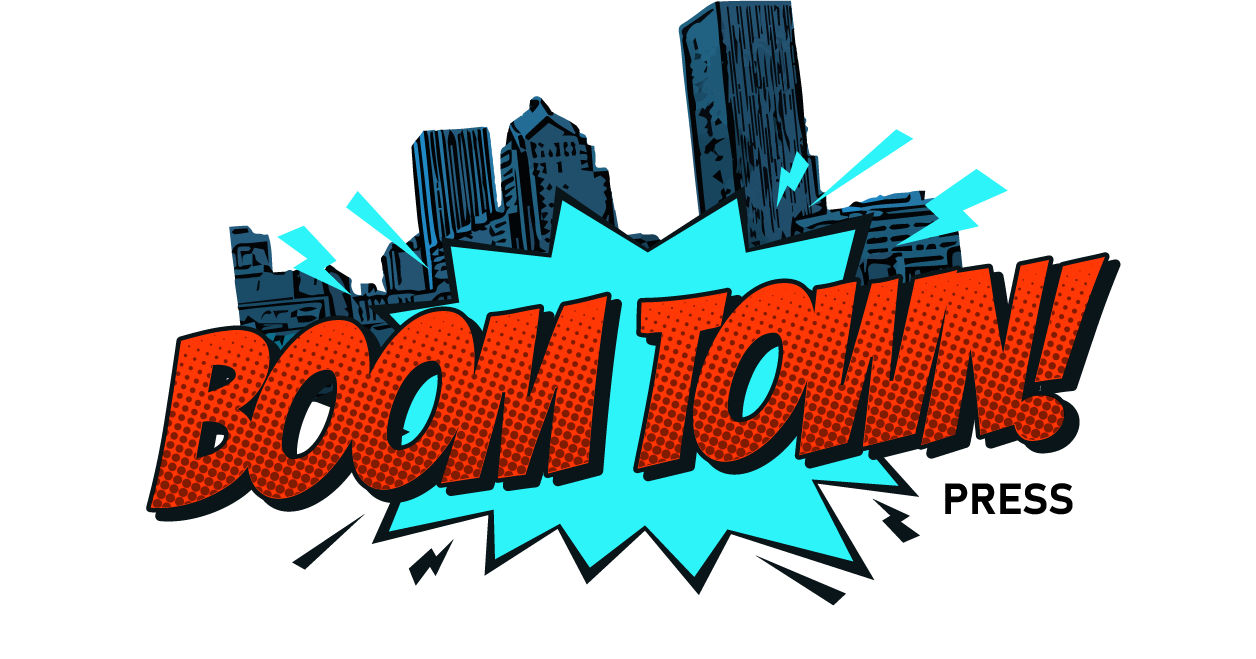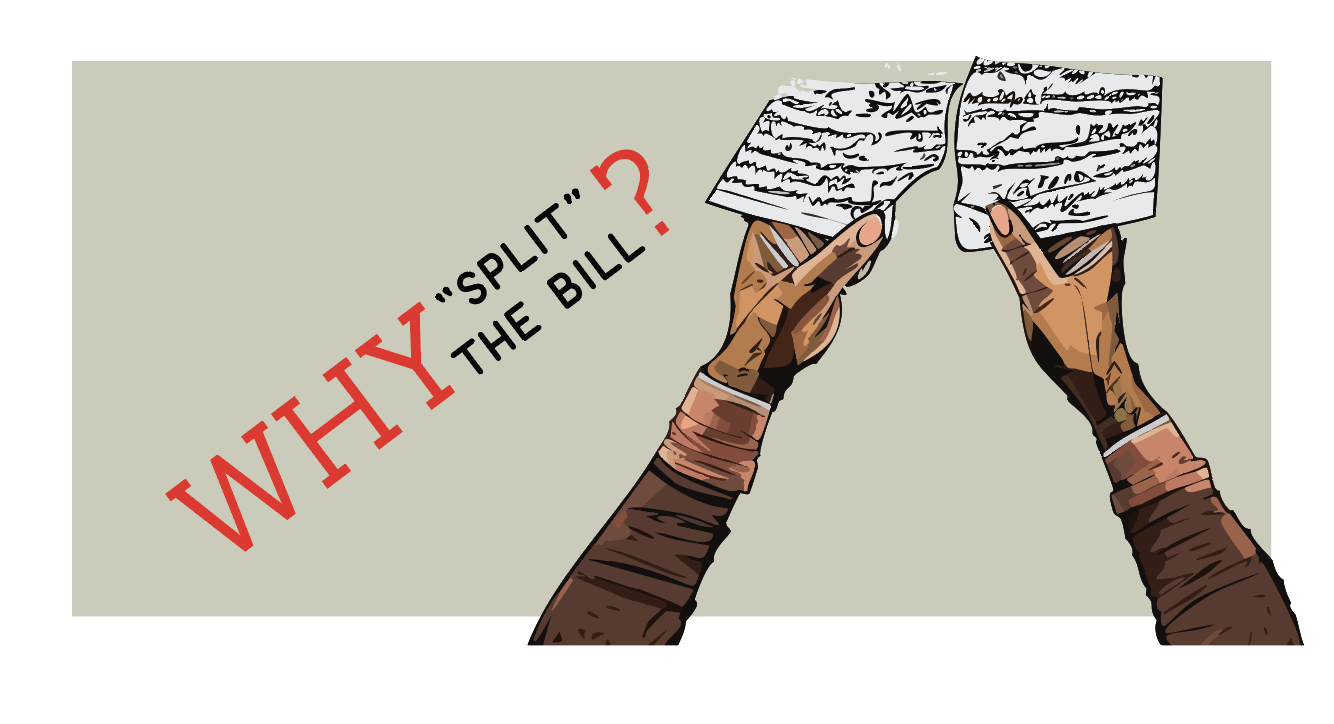submitted by Concerned Citizens Against the BID
In a rare move, the Rochester City Council has recently delivered a substantial blow to the Rochester Downtown Development Corporation (RDDC) and Mayor Malik Evans’ vision for a downtown shaped by developer interests. The contentious proposal for a downtown “ambassador” program, backed by wealthy developers and proponents of a downtown Business Improvement District (BID), faced strong opposition from community members. This article delves into the concerns raised by the community, shedding light on the questionable tactics employed by BIDs and the growing inequality they bring, particularly impacting Black communities.
The RDDC’s Ambitious Agenda:
The RDDC, a special interest group championing the downtown “ambassador” initiative and pushing for the establishment of a Business Improvement District, found its plans thwarted as the City Council withdrew funding for the downtown concierge service. The move not only represents a significant setback for the RDDC but also signals a clear rebuke to Mayor Evans’ developer-centric downtown vision.
Concerns Raised by the Community:
Critics argue that Business Improvement Districts often undermine community-led initiatives, using questionable tactics such as co-mingling funds for disparate programs. The recent proposal to tie funding for downtown “ambassadors” with unrelated opioid outreach efforts in North Clinton and Jefferson Ave neighborhoods drew sharp criticism. Many community members called for a separation of the bills, expressing concern that the downtown concierge program was merely a frivolous giveaway to the RDDC, a group perceived to be influenced by wealthy developers and property owners.
Alice Carli of Metro Justice, a co-sponsor of a petition opposing the creation of a downtown BID, praised the City Council’s decision, stating, “The City needs to prioritize investments in our neighborhoods before another cent is given to downtown developers and special interests pushing to empower the few at the expense of the many.”
Impact on Inequality, Particularly in Black Communities:
Studies indicate(1) that Business Improvement Districts exacerbate inequality, disproportionately harming Black communities. Monroe County had already allocated $300,000 for RDDC’s proposed “ambassadors” program, claiming it would enhance downtown safety and hospitality. However, similar programs in other cities have been linked to increased surveillance and the criminalization of vulnerable groups, including teenagers, the poor, and the unhoused.
Gary Harding, a downtown Rochester resident and homeless advocate, highlighted the issue during a rally at Rochester City Hall, stating, “BIDs often focus on beautification projects, increased security, and marketing campaigns. They divert resources from more pressing issues, like affordable housing, education, and social services, things that directly benefit the underprivileged.”
Labor’s Perspective:
Representatives of organized labor have also voiced concerns about the proposed ambassador program. LaTonya Wilcox of the Federation of Social Workers emphasized that BIDs often empower a select few who may not fully understand the community’s needs. She added, “The RDDC is not a social services agency. Dedicated union members already perform job functions that BIDs contract out.”
Mayor’s Alignment with Powerful Developers:
The community’s distrust of the RDDC is further fueled by allegations that the Mayor’s office continues to side with powerful developers who contributed to his election campaign and even brazenly hosted his election headquarters in one of their penthouses. This has created a deep split within the community, with many feeling that their concerns are being overshadowed by the RDDC’s relentless push for a Business Improvement District.
Questionable Tactics:
RDDC also faces criticism for employing questionable tactics to create a misleading impression of widespread community support for their Business Improvement District (BID). Community groups, such as Downtown Dubiously (link to @downtowndubiously), argue that RDDC’s efforts amount to a public relations campaign rather than genuine community input. They have pointed to events scheduled at times inaccessible to the working population and others disproportionately attended by RDDC staff, board members, and influential developers. Skepticism grows over RDDC’s claims of widespread backing, particularly considering the financial stakes involved that will benefit RDDC, intensifying community distrust and fueling the demand for a transparent examination of the BID’s potential impact.
Conclusion:
As Rochester grapples with the contentious push for a downtown Business Improvement District, the recent withdrawal of funding for the “ambassador” program signals a significant victory for community-led initiatives. However, the struggle is far from over, with the RDDC expected to present a draft proposal for a downtown BID in the coming weeks. The community’s call for prioritizing investments in neighborhoods over developer-driven projects underscores the broader debate surrounding the role and impact of Business Improvement Districts on community well-being and equality.
(1)
Racial Equity Impact Assessment: Friendship Heights Business Improvement District











